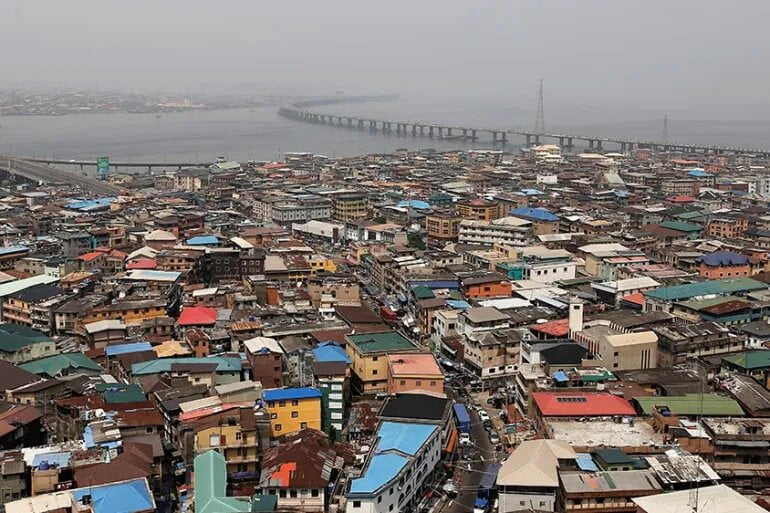By Moses Oluma
For three consecutive years, Lagos, Nigeria’s commercial nerve center, has continued to rank high on the world’s list of cities with poor living conditions. The Global Liveability Index is an annual report published by the Economist Intelligence Unit (EIU), ranking cities worldwide based on liveability. The report considers several factors, including infrastructure, healthcare, education, culture, environment, and stability, to determine a city’s score out of 100 obtainable points.
According to the latest report, Lagos, ranked 171 out of 172 cities globally, ranking a step higher than Damascus, a war-torn city in Syria.
The annual report by the EIU analyses cities across several factors and indices, and Lagos has continued to perform poorly across those baselines.
Lagos’ low ranking on The Global Liveability Index is mainly due to the city’s inadequate infrastructure and public services. The report cites poor healthcare systems, traffic congestion, poor public transport, and a housing shortage as some of the city’s critical challenges. Its road network is notorious for its gridlock and congestion, with the average travel time for residents being over three hours.
The city’s public transport system needs to be improved, with a shortage of buses to cater to the ever-increasing population. Furthermore, Lagos faces a housing shortage, with many residents living in slums.
The healthcare and education sectors are also significant challenges, contributing to Lagos’ low liveability score. The city’s healthcare system needs to be improved, with a shortage of doctors, poorly equipped hospitals, and high maternal and infant mortality rates. The city’s education system is also struggling with several challenges affecting Lagos and Nigeria in general. Some of these challenges include the shortage of schools and teachers, incessant strike actions from academic unions, poorly equipped laboratories, and a low literacy rate.
Another factor contributing to Lagos’s low liveability score is the high level of crime and insecurity. EIU report cites the high crime rate in the city, with incidents of robbery, kidnapping, and illegal taxation from touts and street urchins. The lack of adequate policing and other law enforcement agents and the proliferation of arms in the city significantly contribute to the high crime rate.
Lagos’s environment and culture also contribute to its low livability score. Rapid urbanisation and industrialisation of Lagos have led to increased levels of pollution. Acute environmental degradation in some parts of the city, as well as air and water pollution by both residents and industries, are some of the critical challenges. The city’s coastal location makes it vulnerable to flooding, which has displaced thousands of residents. The cultural scene needs to be developed, lacking solid cultural institutions to preserve and promote her culture and heritage.
The Global Liveability Index serves as a valuable tool for policymakers, investors, and other stakeholders to identify areas of improvement and prioritise actions to improve the liveability of cities like Lagos.
Lagos’ low ranking on The Global Liveability Index highlights not just the city’s significant challenges but some challenges Nigeria faces as a country.
A poor global ranking can significantly affect a city’s foreign investments and tourism. Enacting and implementing the right policies, coupled with robust investment in public infrastructure, can see Lagos overcome these challenges and provide its residents with a better quality of life.
